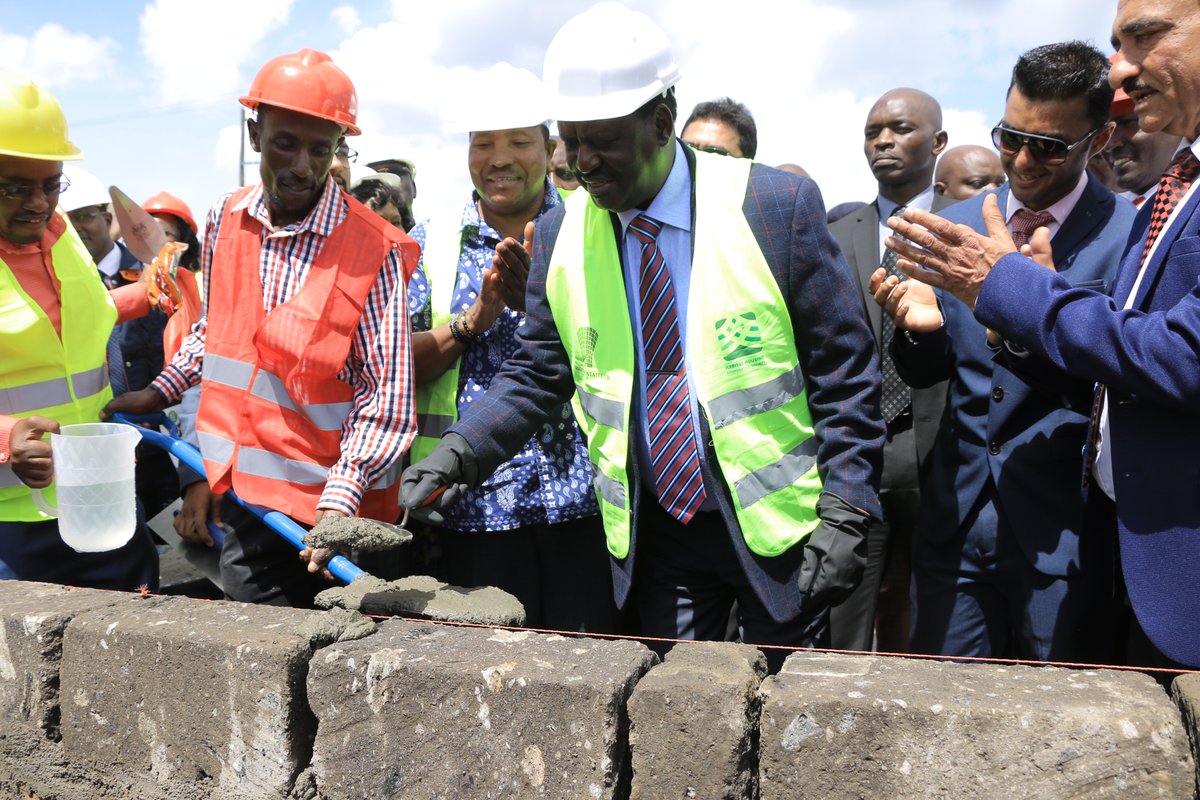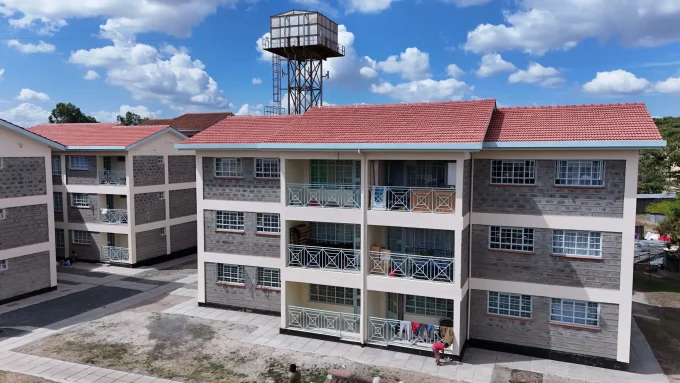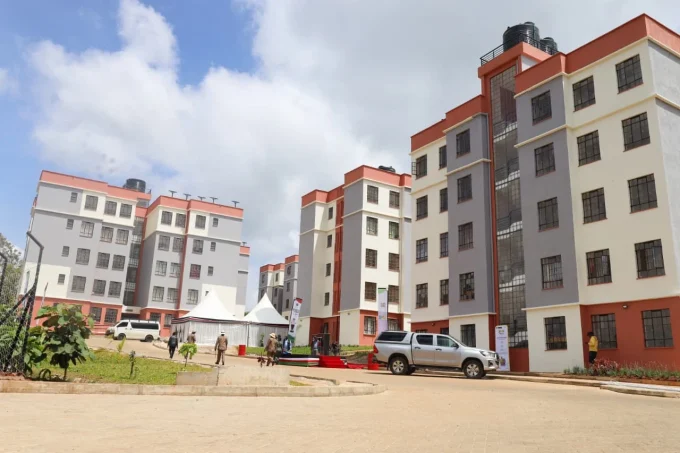African Union High Representative for Infrastructure Development in Africa Raila Odinga has called on physical planners to go beyond cities and towns with regard to housing, saying housing patterns in rural areas are crippling other land uses and inhibiting economic growth.
“With UN-Habitat, we can plan better our rural areas to ensure sustainable housing that does not interfere with other land uses for economic gain while at the same time ensuring that even rural populations have well designed housing with commensurate sanitation,” Raila said while launching the proposed Green Zone Residential Apartments Housing Project initiated by Habitat Housing Co-operative Society on Kiambu Road.
Raila, however, welcomed the affordable housing programme that is part of President Uhuru Kenyatta’s Big 4 Agenda but said there is need for the United Nations and the private sector to partner with the government to realise the dream.
“Now more than ever before, we need partnerships; with the UN, with the Private Sector and with all employers so we can help house our people today and well into the future. We need more players to commit to work directly with the government in financing housing projects in Kenya or to alleviate the problem by investing in provision of housing for employees. We need partnerships that will enable Kenyans access mortgages to buy or build own houses,” the ODM leader said.
He added that with housing identified as a key national development agenda, policies are being put in place to bolster the financial architecture of Kenya’s housing market.
The policies should ensure partnerships for primary housing supply, primary mortgage lending and lines of credit to financial institutions for the promotion of access to decent and affordable housing, said Raila.
He lauded efforts of the UN-Habitat to contribute to the alleviation of the housing crisis in Kenya by providing adequate, affordable and secure housing for its staff in Nairobi through their savings.
“I want to thank UN-Habitat for the professionalism and diligence that has seen it encourage staff to save and diligently watch over those savings, leading to this multi-billion shillings project. Many employers wish to achieve this milestone but never really do. This initiative will ensures the staff, who contribute immensely to Kenya’s economy, security and our global standing feel appreciated and facilitated to continue serving Kenya and the world,” the former Prime Minister said.
“It remains our dream that together with UN-Habitat, we will eradicate slums across Kenya and replace them with modern and affordable houses within the period of our national development blue print of Vision 2030. Strengthening and deepening cooperation with UN-Habitat is critical. This is because while the Constitution of Kenya is explicit that every Kenyan has a right to accessible and adequate housing, and to reasonable standards of sanitation, the reality remains that Kenya, like many other Third World countries, has a massive housing gap. Yet like all other African countries, Kenya is experiencing rapid urbanization and a bulging young population,” Raila, who said he was set to leave the country to continue with his AU engagements later in the day, added.
According to UN Habitat, half of humanity, a total of 3.5 billion, already live in cities and that by 2030, almost 60 per cent of the world’s population; including Africa’s will live in urban areas. Kenya’s population between the age of 15 and 64 is expected to hit 45 million by 2035.
“We already know how the young population will be making decisions on where and how they will live: they are coming to the cities and other urban centres. UN-Habitat has warned us about that.
Yet according to the 2013 Housing Survey, Kenya will have a deficit of about 2 million houses over the next 10 years but that is only if the population remains static, and we know it will not. The deficit will therefore be larger, unless we act now. This reality has real and clear implication for housing,” he said.
READ: EQUITY BANK SETS OUT RULES ON HOW TO DEAL WITH SEXUAL HARASSMENT
“It is a two-dimension crisis. First, it is a crisis of a young and vibrant workforce coming into the cities and who will need housing affordable and decent housing. Yet the towns they are coming to already have too few houses. Secondly, the cities that are attracting new immigrants already have droves of dwellers who cannot afford or find decent affordable housing. The result has been and will be obvious; the creation and proliferation of new slums.”













3 Comments